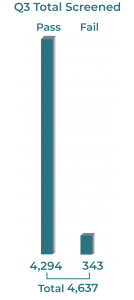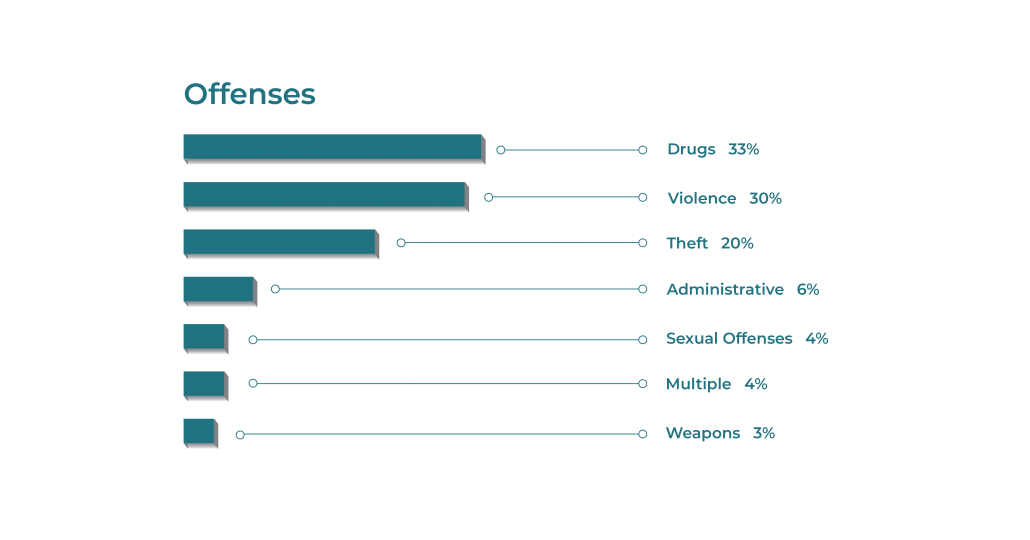Questions Nonprofits Should Ask About Background Checks
Nonprofit organizations solve problems, enrich communities and advocate for social good. The altruistic nature of many nonprofits’ work includes consistent interaction with vulnerable populations such as children, the elderly and people with disabilities. In order for nonprofits to protect the people they serve and expand their mission, they must do everything in their power to ensure safety and honesty in their staff and volunteer base.
One way nonprofits can promote security is by background checking all of their workers, both paid and volunteer. By screening everyone who would like to associate with a nonprofit, leadership can more carefully select those representing the organization and place more trust in its team members. Before any nonprofit initiates a screening policy, it should clarify these questions nonprofits should ask about background checks with a screening agency.
What background information do nonprofits need to know?
A criminal history check is the baseline screening every organization should run on their applicants. Different organizations may require more specialized checks like driving records or certifications, but background check agencies can easily bundle those screenings with criminal checks. One Source provides county, state, multi-court and federal criminal checks as well as searches of the National Sex offender Registry and global watchlists in its standard TotalCheck package.
TotalCheck provides a full picture of an applicant’s criminal history, and One Source can include additional checks if necessary. You should identify screenings that may be relevant to your nonprofit—driving history, child abuse registries, drug screening or others.
How can a nonprofit create an ideal screening program?
Background checks are just one piece of an entire resource toolkit nonprofits should use to promote a safe environment. By developing and implementing a security program, you can supplement the information from background checks and further build credibility. Safety should be an expectation integral to a nonprofit’s organizational culture.
All team members should be screened every few years so you can stay up to date on the status of everyone associated with your organization. Subsequent screenings paired with educational materials demonstrating how safety is imperative to your mission should help create a transparent culture of security. When staff and volunteers join your nonprofit with the understanding of regular screenings, they will be more open to all security measures. One Source has screening programs designed just for nonprofits to allow consistent screening and stay within budget with special nonprofit pricing.
What if a background report raises concerns?
In order to disqualify applicants ethically and consistently, create a code of expectations your nonprofit follows when reviewing background reports. Determine what offenses do and do not exclude applicants from participating in your organization and stick to that plan. If you need assistance in deciding how your nonprofit will interpret reports, One Source can help.
If you decide not to hire an employee or volunteer based on the results of their background check, you must follow (pre) adverse action requirements and notify them in writing of as quickly as possible. Provide context for your reasoning and give the applicant the contact information of your screening agency so the agency can handle any disputes the applicant may file.
You should be able to focus on doing good without having to worry about their team members. Nonprofit screening solutions with One Source can help your organization stay safe even on a budget. Contact One Source Client Relations to learn more.

 The Quarter 3 Report shows the OSCC program has continued to increase safety for many organizations. In Quarter 3, the total number of applicants screened reached well over 4,500 applicants. From this total, 343 applicants did
The Quarter 3 Report shows the OSCC program has continued to increase safety for many organizations. In Quarter 3, the total number of applicants screened reached well over 4,500 applicants. From this total, 343 applicants did 